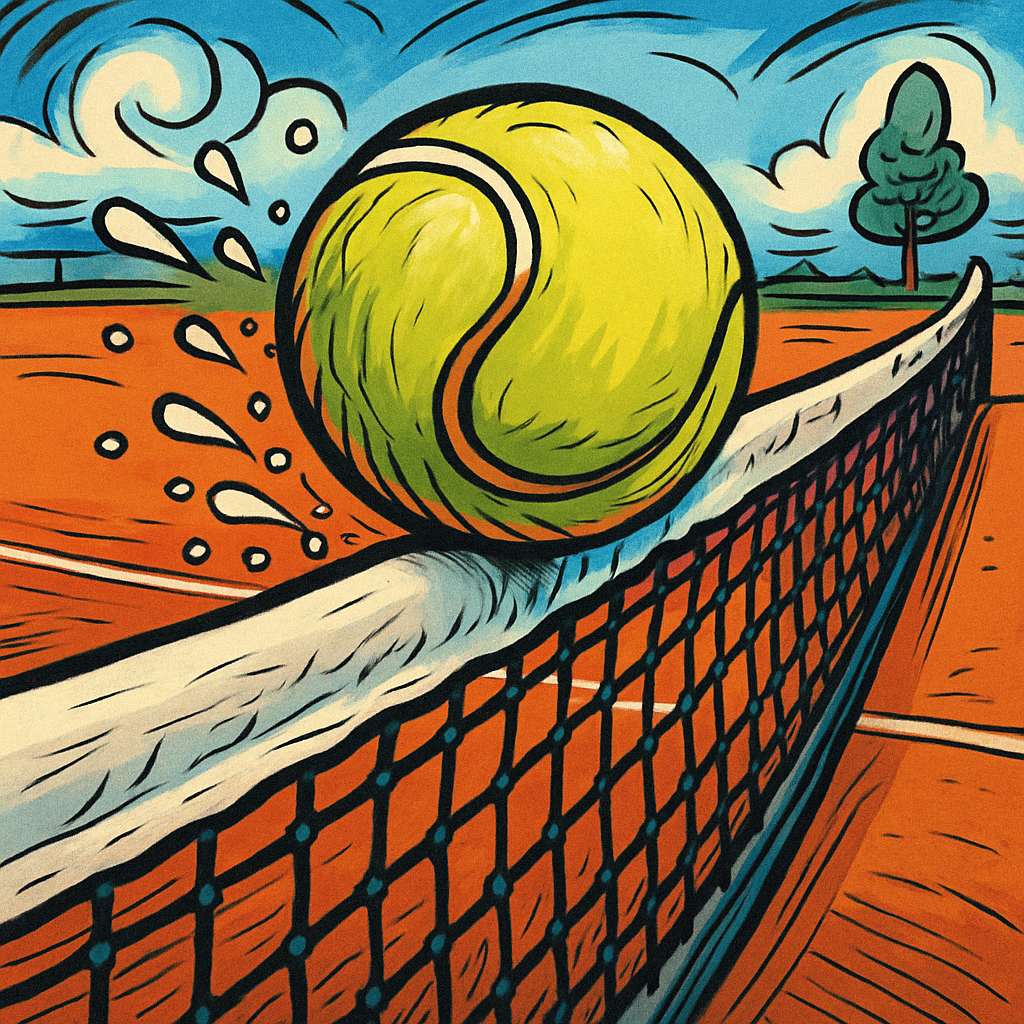LONDON — The International Tennis Integrity Agency (ITIA) has confirmed that Argentine tennis player Leonardo Aboian has been provisionally suspended from the sport, pending the full outcome of a case concerning an alleged major offence. The suspension, enacted under the ITIA’s rules for the Tennis Anti-Corruption Program (TACP), immediately bars the 22-year-old from competing in or attending any sanctioned tennis events.
The Official Announcement and Immediate Ramifications
The ITIA's statement was terse but carried significant weight. It confirmed that Aboian is provisionally suspended “due to a major offence, with the full decision to follow in due course.” This language points to a breach of the TACP considered to be among the most serious, distinct from the more common charges related to match-fixing or wagering. A provisional suspension is not a finding of guilt but is a protective measure the ITIA can impose when it believes a breach of the rules may have occurred and it is in the interests of the sport to remove the individual from competition during the investigation.
For Aboian, currently ranked World No. 1029 in singles and with a career-high ATP doubles ranking of 387, the suspension halts his nascent career. He is now prohibited from all official tennis, including:
- Competing in any tournaments sanctioned by the governing bodies of tennis.
- Attending any official tennis events, even as a spectator or coach.
- Accessing the premises of any such event.
This effectively places his professional life on hold until the case is resolved.
Understanding a "Major Offence" in Tennis Integrity
While the ITIA has not yet disclosed the specific details of the allegation, the term "major offence" within the TACP framework is reserved for the most severe integrity breaches. The Program's rules outline a hierarchy of offences, with major offences carrying the heaviest potential penalties, including lengthy bans and substantial fines. These can encompass a range of activities beyond the manipulation of matches for betting purposes.
Potential scenarios that could be classified as a major offence include:
- Corruption of Officials: Attempting to bribe or influence an umpire, line judge, or other tournament official.
- Aggravated Match-Fixing: Orchestrating or being part of a widespread fixing conspiracy.
- Intimidation or Threats: Using threats or coercion against another player or official to influence the outcome of a match.
- Destruction of Evidence: Knowingly destroying or concealing evidence related to an ITIA investigation.
The ITIA's decision to lead with the "major offence" classification suggests the alleged actions are considered a direct and serious attack on the integrity of the sport's competitive structure.
The ITIA's Role and Investigative Process
The ITIA is the independent body responsible for safeguarding the integrity of professional tennis worldwide. It administers the TACP, which all players, coaches, and officials are bound by. When a potential breach is identified, the ITIA launches a thorough investigation, which can involve collecting betting data, interviewing witnesses, and examining communications. A provisional suspension can be imposed at any point during this process if the ITIA's Case Officer deems it necessary.
An ITIA spokesperson, in a follow-up comment, stated, "The provisional suspension of Leonardo Aboian is a standard procedure in cases of this nature. It allows our investigation to proceed without prejudice while upholding the principle that the integrity of the sport is paramount. We will not be commenting further until the full decision is released."
What Comes Next for Aboian
The "full decision" referenced by the ITIA will be a critical document. It will outline the specific charges against Aboian, present the evidence gathered by the ITIA, and detail the potential sanctions he faces. Aboian will have the right to defend himself against the charges before an independent Anti-Corruption Hearing Officer. This process involves legal representation and the presentation of his own evidence and arguments.
The potential outcomes range from a complete dismissal of the charges if he is found not liable, to a guilty verdict resulting in a suspension of several years and a fine of up to $250,000 for a major offence. For a player at his stage of development, a multi-year ban could be a career-ending sanction.
A Broader Context for Tennis Integrity
This case emerges amidst a period of heightened vigilance from the ITIA. In recent years, the agency has handed down suspensions to numerous players, from low-ranked competitors on the ITF World Tennis Tour to more established names. The focus has largely been on match-fixing at the sport's lower levels, where players are more financially vulnerable and oversight can be more challenging.
The Aboian case is a reminder that the integrity threats to tennis are multifaceted. While gambling-related corruption remains a primary concern, the "major offence" category addresses fundamental breaches of the sport's ethical code. A source within international tennis governance, who spoke on condition of anonymity, noted, "Allegations of this nature strike at the very heart of fair competition. The ITIA's swift action demonstrates a zero-tolerance approach."
The tennis world now awaits the next development. The release of the full decision will provide clarity on the grave accusations facing Leonardo Aboian. Until then, his suspension stands as a stark warning of the severe consequences for any individual accused of compromising the foundational principles of the sport.

